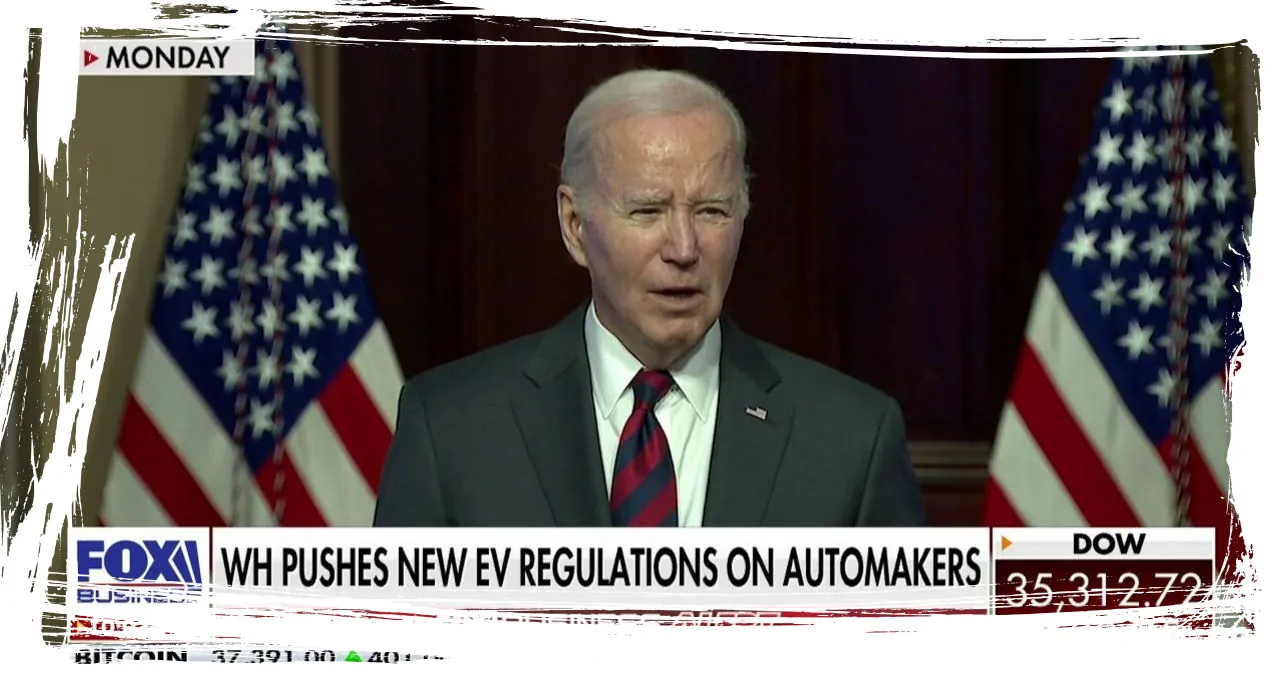Trump's Tariff Threat: Inevitable Job Cuts In Canada's Auto Industry

Table of Contents
The Deep Integration of the US and Canadian Auto Industries
The US and Canadian auto industries are not merely trading partners; they are intricately linked through extensive supply chains and cross-border production. Decades of integration, largely facilitated by the North American Free Trade Agreement (NAFTA) and its successor, USMCA, have created a highly interdependent system. This seamless collaboration, however, makes the Canadian auto sector acutely vulnerable to disruptions caused by protectionist policies like Trump's tariffs.
- Engine Production: Many engines used in US-assembled vehicles are produced in Canadian plants. A tariff increase would significantly impact the cost-effectiveness of this arrangement.
- Parts Supply: Numerous Canadian companies supply parts to US auto manufacturers. These suppliers rely heavily on the US market for their revenue, making them exceptionally vulnerable to tariff-related disruptions.
- Cross-Border Assembly: Some vehicles are assembled in stages across the border, with components moving back and forth between plants in both countries. Tariffs could severely complicate and increase the cost of this process.
- Market Dependence: Canadian automakers significantly rely on the US market for their sales. Restrictions on exports to the US would have a devastating impact on their profitability and long-term viability.
The Potential Impact of Tariffs on Canadian Auto Production
Imposing tariffs on Canadian-made vehicles entering the US market would instantly erode their competitiveness. The increased cost would likely lead to a substantial decrease in demand, forcing Canadian auto manufacturers like Ford, General Motors, and FCA to confront drastic measures.
- Reduced US Exports: Sales of Canadian-made vehicles in the US would plummet, leading to a significant drop in revenue for Canadian automakers.
- Plant Closures: To cut costs and remain competitive, manufacturers may be forced to close plants in Canada, resulting in mass job losses.
- Reduced Production: Even without full plant closures, many plants would likely experience reduced production capacity, leading to layoffs and shorter workweeks.
- Relocation Pressure: The economic pressures caused by tariffs might push manufacturers to consider relocating production to the US to avoid tariffs altogether, ultimately harming the Canadian economy.
The Human Cost: Job Losses and Economic Fallout in Canada
The economic consequences of Trump's tariff threats extend far beyond the balance sheets of automakers. The human cost is potentially catastrophic, with job losses impacting not only autoworkers but also the broader Canadian economy. The Canadian auto industry employs hundreds of thousands of people directly and indirectly.
- Manufacturing Layoffs: Plant closures and reduced production would directly lead to significant layoffs in manufacturing plants across Canada.
- Related Industry Impacts: The ripple effect would extend to related industries, such as parts suppliers, transportation, and logistics, leading to further job losses.
- Community Hardship: The economic hardship would be felt most acutely in communities heavily reliant on the automotive sector, leading to increased unemployment and social challenges.
- Economic Downturn: The overall impact on the Canadian economy could be substantial, potentially triggering a broader economic slowdown.
Possible Government Responses and Mitigation Strategies
The Canadian government has a vital role to play in mitigating the potential negative impact of Trump's tariffs. Several response strategies could be implemented:
- Trade Negotiations: Renegotiating trade agreements or exploring alternative trade partnerships could help reduce reliance on the US market.
- Financial Support: The government could provide financial assistance to struggling automakers and their suppliers to help them weather the storm.
- Industry Diversification: Investing in efforts to diversify the Canadian economy, reducing reliance on the automotive sector, could mitigate future risks.
- Worker Support Programs: Implementing programs to help displaced workers find new jobs and receive retraining would be crucial.
Conclusion: Navigating the Threat of Trump's Tariffs on Canada's Auto Industry
The close integration of the US and Canadian auto industries makes Canada's automotive sector exceptionally vulnerable to the threat of Trump's tariffs. The potential for significant job losses and widespread economic hardship is undeniable. Proactive responses from both the Canadian government and the auto industry itself are crucial to navigate this challenging situation. The future of countless Canadian jobs and the health of the Canadian economy depend on it. Stay informed about the ongoing developments surrounding Trump's tariffs and their potential impact on the Canadian auto industry. Your understanding is crucial for mitigating the potential consequences.

Featured Posts
-
 New Pushback Car Dealers Oppose Electric Vehicle Regulations
Apr 27, 2025
New Pushback Car Dealers Oppose Electric Vehicle Regulations
Apr 27, 2025 -
 Fifth Champions League Spot The Premier Leagues Growing Chances
Apr 27, 2025
Fifth Champions League Spot The Premier Leagues Growing Chances
Apr 27, 2025 -
 Extreme Price Increases For V Mware At And Ts Concerns Over Broadcoms Acquisition
Apr 27, 2025
Extreme Price Increases For V Mware At And Ts Concerns Over Broadcoms Acquisition
Apr 27, 2025 -
 How Ariana Grandes Transformation Highlights The Need For Professional Help
Apr 27, 2025
How Ariana Grandes Transformation Highlights The Need For Professional Help
Apr 27, 2025 -
 Getting Professional Help For Hair And Tattoo Design Ariana Grandes Influence
Apr 27, 2025
Getting Professional Help For Hair And Tattoo Design Ariana Grandes Influence
Apr 27, 2025
